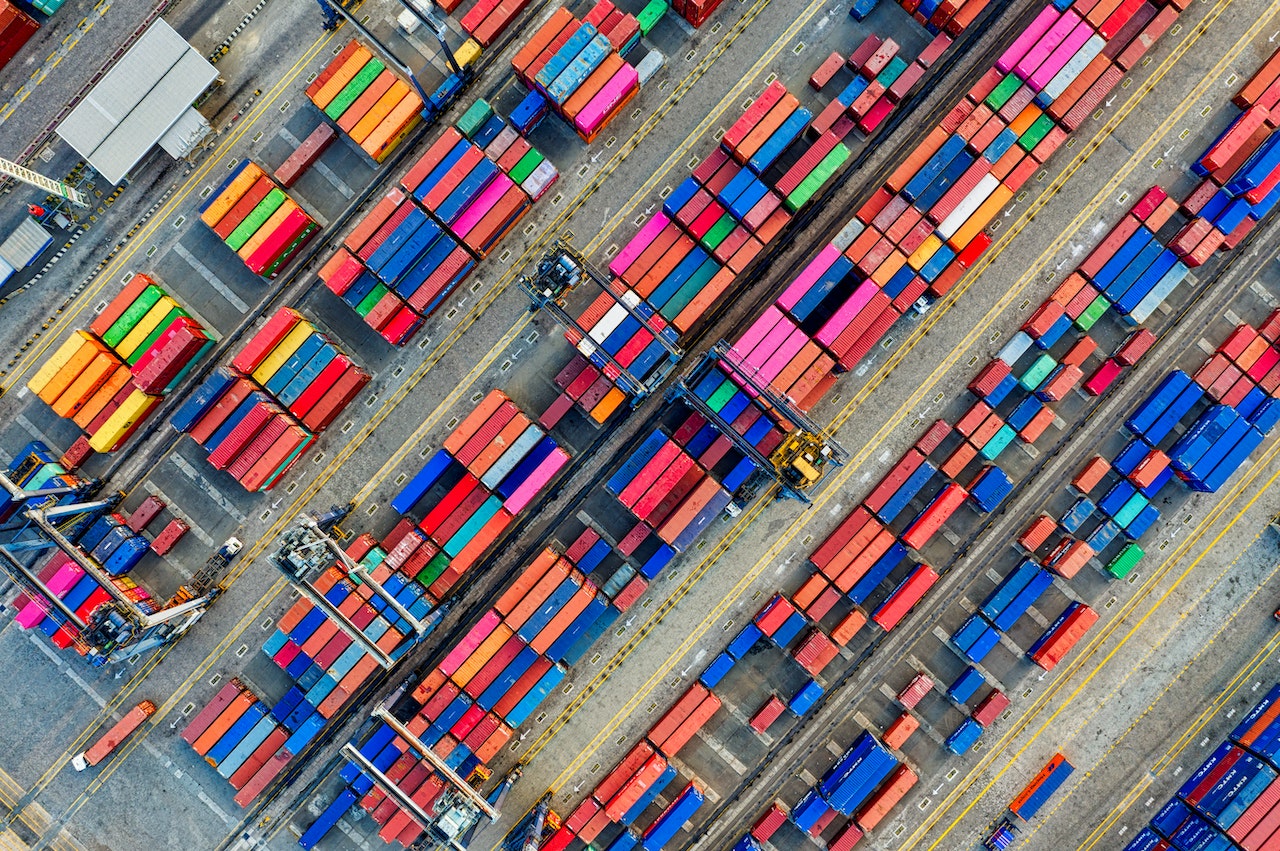There are several types of double brokers, some are other brokers, however, the majority we are currently seeing are smaller asset carriers. These carriers take a shipment as ABC carrier and sell it to DEF carrier. The concern is the individuals posing as a legitimate carrier in order to obtain an account and access to freight matching services. Posing as a carrier, the criminals will double broker or even steal the cargo. Cargo theft is significant, and it’s hard to estimate the financial impact of double brokering. In general, US Homeland Security investigations say that the cost of cargo theft to Americans is estimated between $15-$35 billion dollars per year, and about 5 billion to Canadians. You can check out this recent BIV article or CargoNet's 2022 Supply Chain Theft Trends for more data on cargo theft.
In this article, let’s talk about the current challenges surrounding how this potentially multibillion-dollar problem works, and consider a few solutions.
The context:
Brokers will typically have carrier partners they work with under a partnership they have built over the years. These partnerships are the foundation of a logistics brokerage, and brokers will move 80-90% of the freight they manage through these partnerships. However, sometimes a regular carrier is stuck unloading or driver/truck challenges occur, and they can’t pick up a shipment. The broker now has a limited amount of time to recover the shipment.
The broker will use a freight matching service to find a replacement carrier to move the load. On these matching services, asset carriers create accounts on the service and post their trucks, while brokers have an account to post their loads. If a match is made, the broker now needs to do their due diligence and make sure the carrier is a quality service provider. This due diligence is part of the contract you sign with the freight matching service, and according to most matching services, is the responsibility of the broker to complete.
Double brokering often happens when due diligence falls short. Brokers are under pressure to find a carrier to move the load and make sure their customer’s supply chain remains uninterrupted. If they miss an important piece of due diligence that would have flagged a carrier as illegitimate, loads can easily end up double-brokered or cargo theft can occur.
Can brokers prevent this?
It’s hard to argue that a broker’s ability to vet a carrier alone is enough to slow down this criminal industry. Brokers can and do use several tools to vet carriers to help identify if they are a potential partner, or if they are illegitimate scammers. For the most part, brokers are utilizing platforms like RMIS, Carrier 411, FMCSA, Carrier Assure, and Highway to vet a carrier. There are also online forums like ‘Inside Transport’, where brokers post bad carriers, double brokering, freight hostage situations, stolen freight, and other troubling experiences. The carrier names and owners are often listed on these platforms for other brokers to see.
It appears that despite these efforts, individuals are still having success double brokering or stealing cargo. Further, criminals are modifying their own techniques or simply launching a new illegitimate carrier ‘business’ (or 20 of them, because they can) right after getting caught.
Okay, what about the freight matching company? Can they help?
Brokers are frustrated with freight matching companies for their lack of responsibility in the vetting process, especially in the process of setting up an account as a carrier on their platforms. Can the information provided by the carrier not be verified and further vetted before they are allowed to match on the platform? How are these illegitimate carriers ending up on these matching services? Brokers want answers and support on these questions because they are seeing carriers with mismatched addresses and physical locations, fake insurance papers or insurance with exclusions (these claims end up denied and paid by the broker), suspiciously low numbers of inspections versus the number of trucks, and so on. And clearly, not all brokers are catching these red flags while they are vetting.
Would the industry not be better off seeing more vetting done in advance, and continued monitoring or reporting of suspicious carriers to the matching service itself? Would this not create a safer supply chain for brokers and shippers?
Does it make sense to blame the matching services?
They provide a valuable service when it works properly – When the carriers on the system are vetted and legitimate. However, if they do not change their process, are they still valuable?
I think there are some hard questions that many industry leaders are already asking (and being very vocal about online). They are focused on the betterment of the industry and this is the most important thing. Surely there is a way for freight matching businesses, shippers, and carriers to coordinate and cut down on the rampant double brokering and cargo theft industry in a more productive manner. Improvement could come from the existing freight matching services if they work with their broker and carrier members. It’s going to take a coordinated effort from brokers, authorities DOT, FMCSA, trucking companies, and freight matching services to crack down on double brokering.
It would be far better for shippers if the vetting accountability was in both the hands of the freight matching service and the brokers using these platforms, and if both improved their ability to identify and report criminal activity. At the end of the day, I don’t want to see companies or individuals pointing fingers and playing ‘whose job is it to protect the consumer?’
It’s everyone’s job.
See you next week!
Bill Robinson

